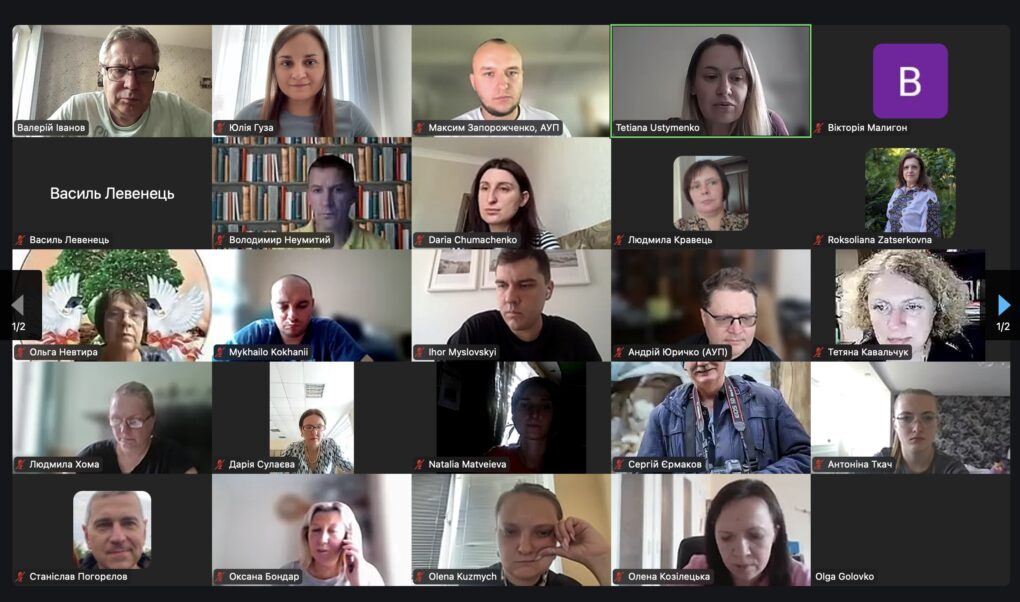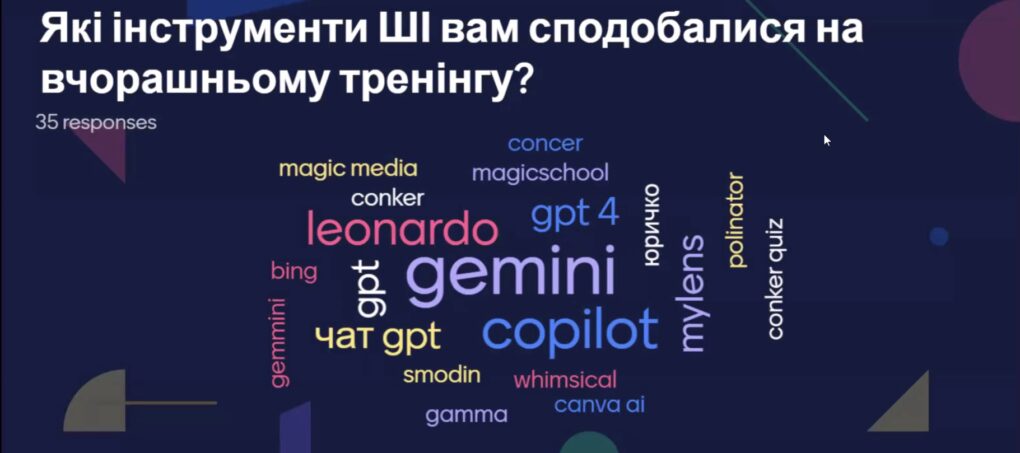
On September 4-5, the Academy of Ukrainian Press, with the support of the Friedrich Naumann Foundation for Freedom, held the third webinar "Artificial Intelligence and Media Literacy: Tools and Recommendations," which has continued to generate interest.
AI has already become an integral part of the modern information environment, and its impact on media literacy is growing. For 46 participants - journalists, educators, and everyone interested in media education - the webinar became an important platform for discussing new opportunities and challenges related to the use of AI technologies in the media.

Valeriy Ivanov, president of the Academy of Ukrainian Press, Doctor of Philology, Professor, said: "Artificial intelligence provides many opportunities, but also contains many threats. We talked about how to live with it at our event."
Maksym Zaporozhchenko, AUP Media Education Programs Manager, Head of the Center for Digital Education and Media Culture at the Mykolaiv Regional Institute of Postgraduate Education, said: "Today, big language models are used not only to optimize workflows or improve the educational process, but also to influence our information space: personalize content or create deep fakes. At the webinar, we teach participants how to distinguish such content and how not to get caught in an information bubble where everyone seems to think the same way as you."
Andriy Yurychko, media trainer, journalist, PhD in philology, lecturer at Taras Shevchenko National University of Kyiv, commented: "I am very pleased with the practical tasks completed. This is the case when teachers are creative and you can learn from them. Our course involves an in-depth use of LLM opportunities, so it was nice to see the implementation with new approaches and models."
Gefördert durсh die Bundesrepublik Deutschland
With the support of the Federal Republic of Germany